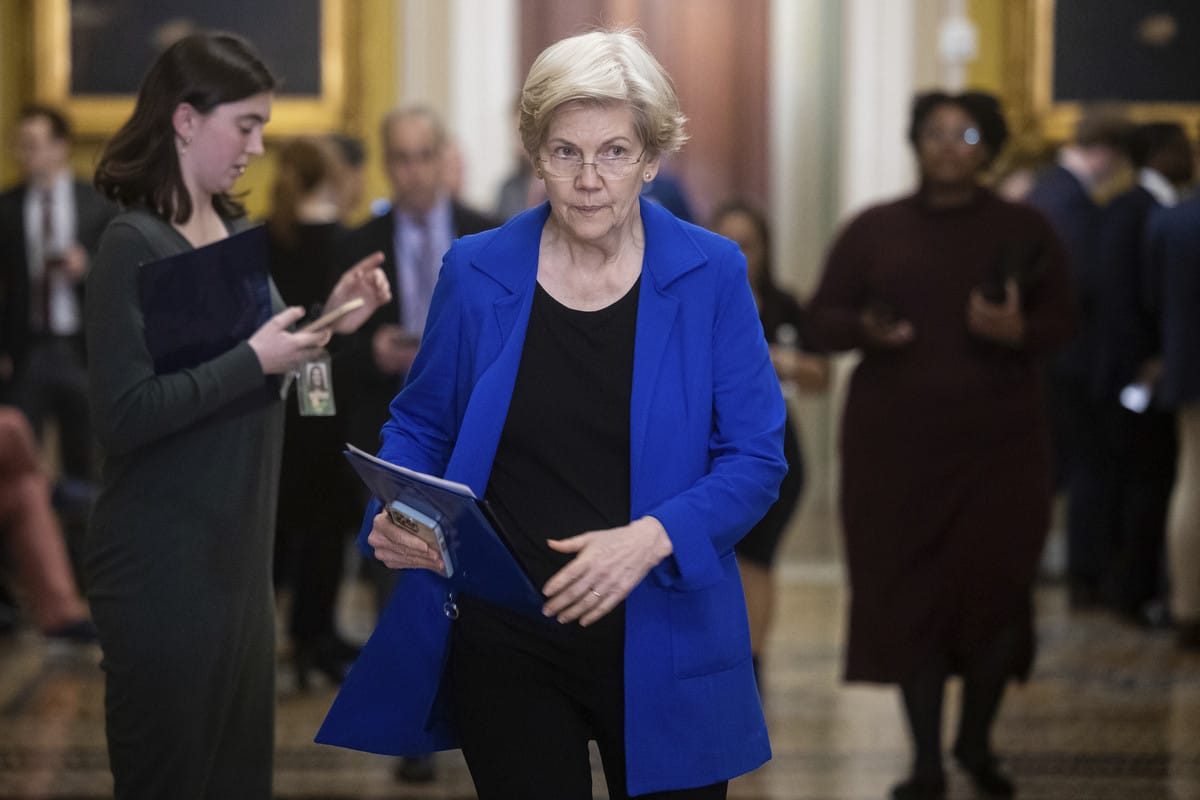David Sacks Accuses Senator Warren of Shaping Biden’s Anti-Crypto Stance

In a striking claim, David Sacks, the appointed White House AI and Crypto Czar under the Trump administration, accused Senator Elizabeth Warren of wielding significant influence over the Biden administration’s cryptocurrency policies. Speaking on Fox News, Sacks suggested Warren effectively controlled the “autopen,” implying she was the driving force behind decisions that shaped the administration’s regulatory approach to digital assets. This allegation, while speculative and lacking direct evidence, raises questions about the decision-making processes during Biden’s tenure and highlights the evolving landscape of U.S. cryptocurrency policy.
Sacks’ accusation carries weight given his role in the Trump administration, which has prioritized fostering cryptocurrency innovation. Since taking office, President Trump has issued executive orders aimed at promoting Bitcoin and digital asset adoption, a stark departure from the Biden administration’s policies, which faced criticism from crypto advocates for their restrictive regulatory framework.
Warren, a vocal critic of the crypto industry, has long argued for stringent oversight to protect consumers and prevent financial misconduct. Sacks’ claim suggests her influence may have extended beyond public statements, potentially shaping the administration’s broader anti-crypto stance.
Sacks on Fox News saying Warren controlled Biden’s autopen
A Shifting Policy Landscape
The controversy unfolds against a backdrop of significant policy shifts in the United States. The Trump administration’s appointment of pro-crypto figures like Sacks signals a commitment to integrating digital assets into the national economy. This approach contrasts sharply with the Biden era, where regulatory actions often drew ire from industry leaders who argued they stifled innovation. Sacks’ comments tap into a broader debate about the role of influential figures in shaping policy, particularly in emerging technology sectors like cryptocurrency. His accusation, while unverified, aligns with criticisms from crypto advocates who viewed Warren as a central figure in pushing for aggressive regulations.
The lack of concrete evidence behind Sacks’ claim underscores the speculative nature of the allegation. No official records or investigations have confirmed Warren’s direct control over policy decisions, and the term “autopen” serves more as a rhetorical flourish than a literal description of her influence. Nevertheless, the accusation resonates within the crypto community, where distrust of centralized regulatory power runs deep. As the Trump administration continues to roll out crypto-friendly initiatives, Sacks’ remarks may fuel discussions about accountability and transparency in policymaking.

